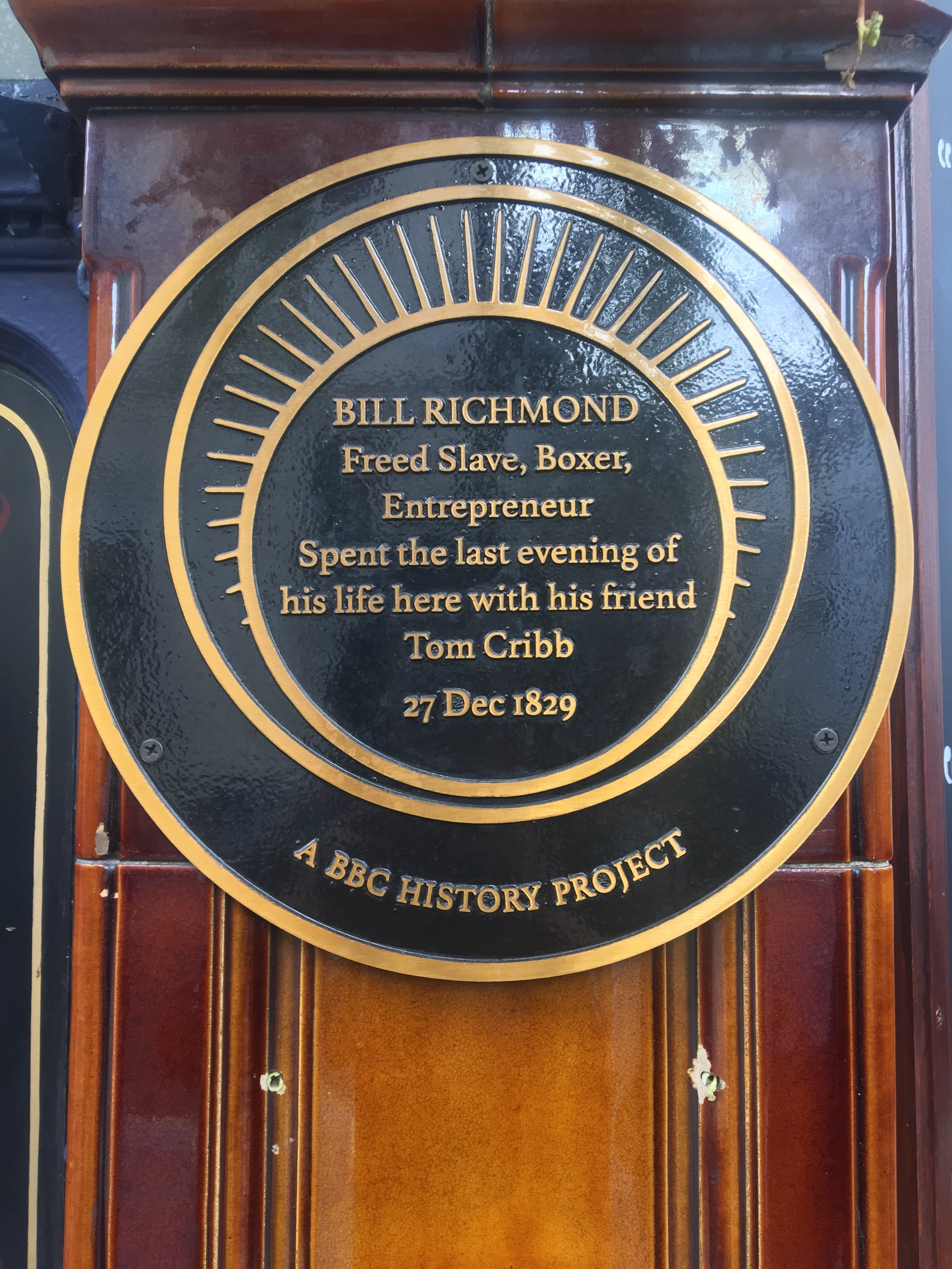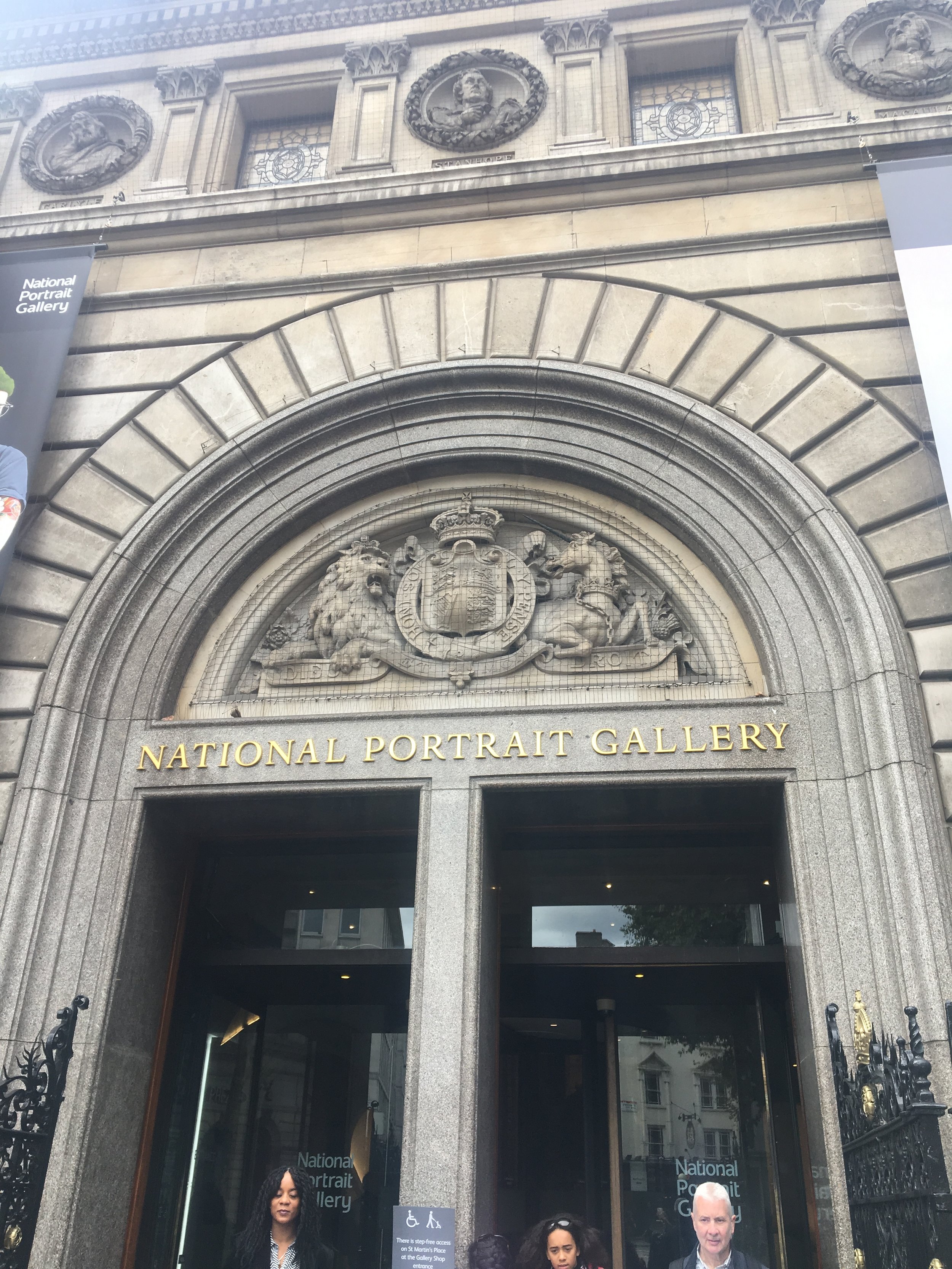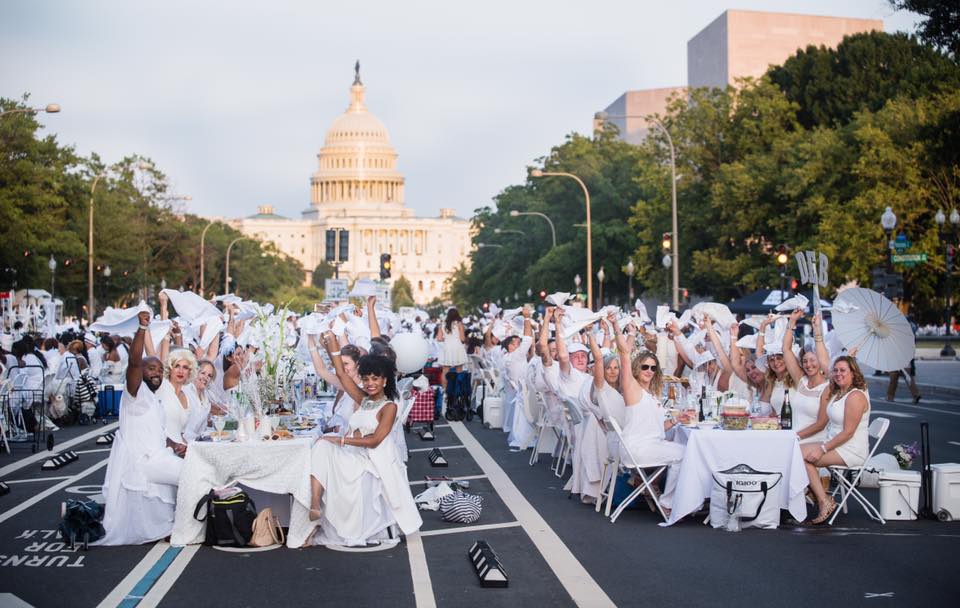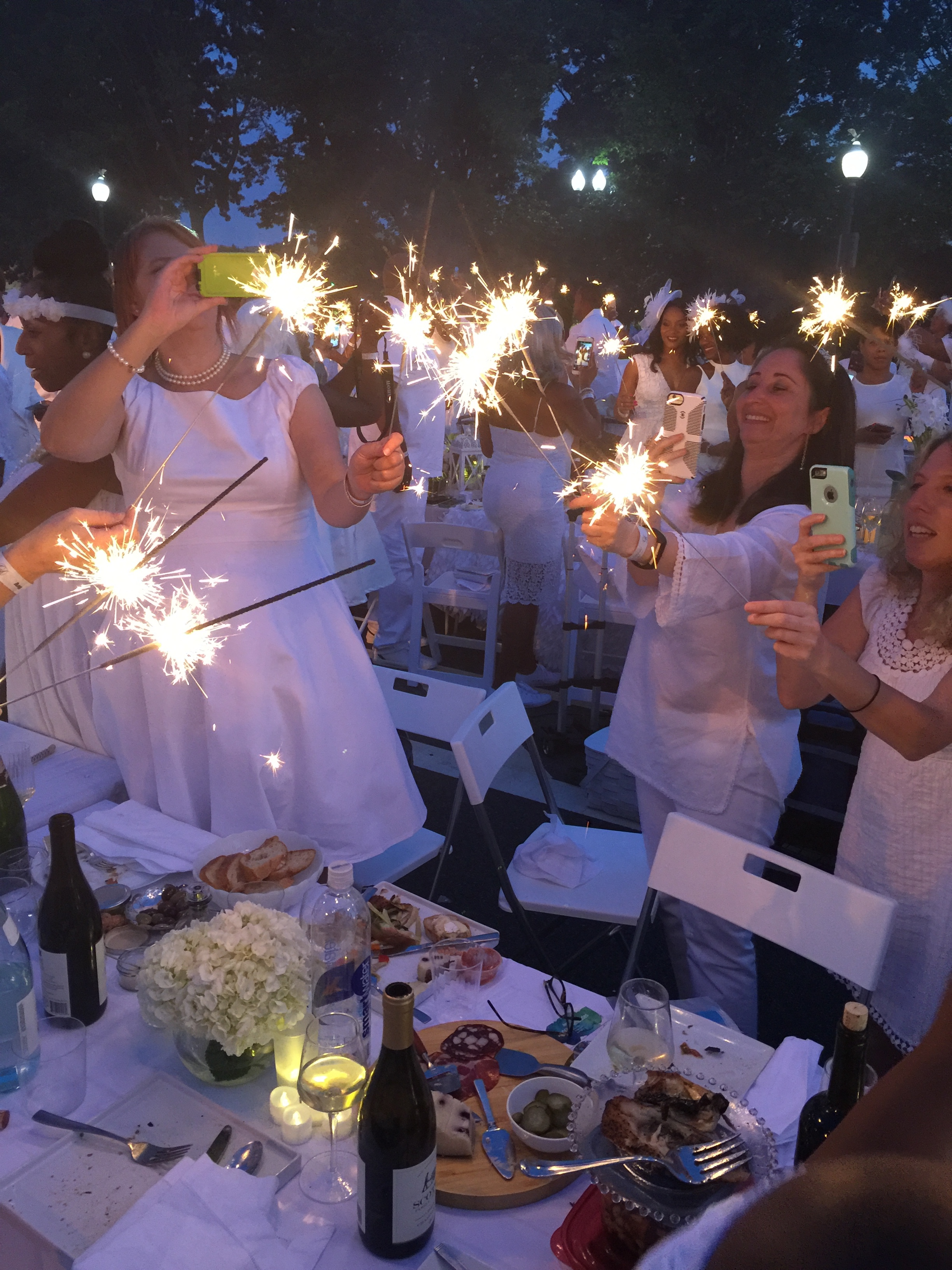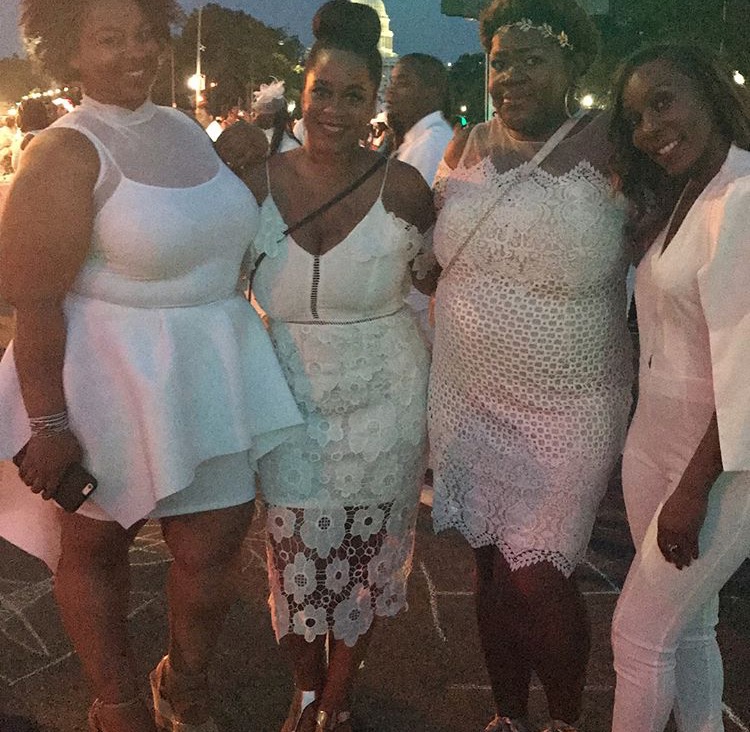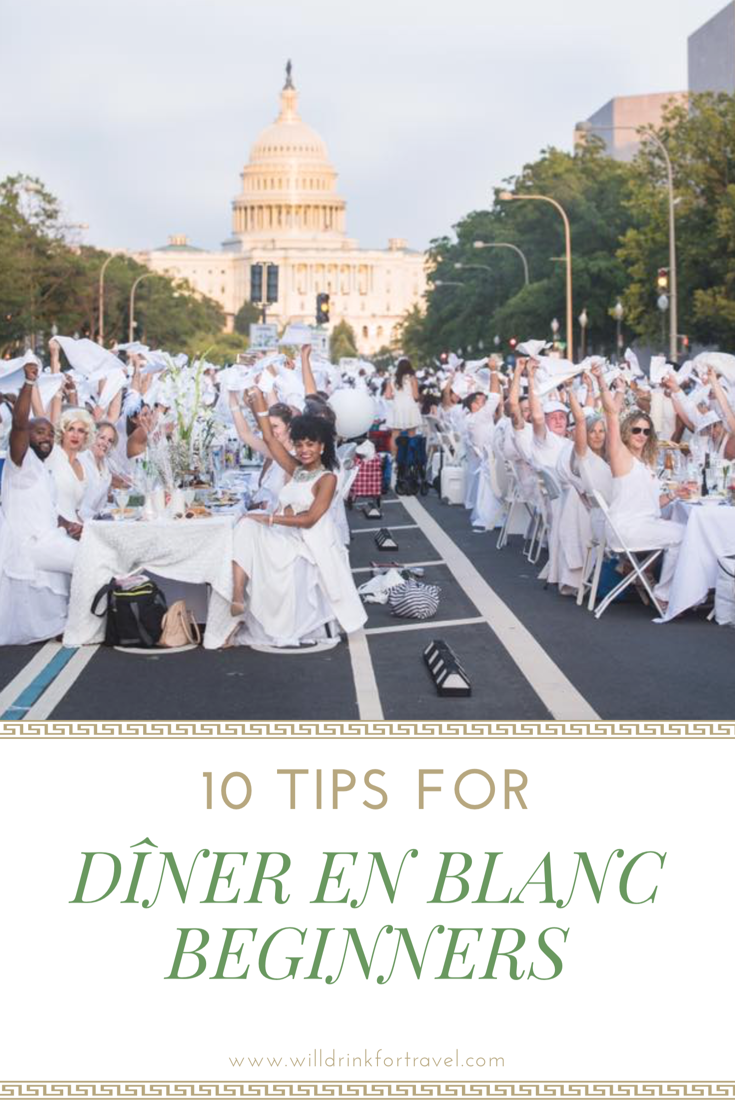When we think about Black History, we always think of iconic figures such as Harriet Tubman, Martin Luther King, Jr., or Rosa Parks and periods of time that include slavery and the Civil Rights Movement. But not only are there other lesser known figures who had a monumental impact on Black History, but there are also figures across the pond that we, as Americans, had no idea existed.
Before my trip to London two years ago, I googled 'Black History' just to see what I could do and see while there that would be meaningful to me. The first thing to pop up was Black History Walks. I wasn't able to coordinate my itinerary with scheduled walks on that trip but during my most recent visit, I was able to participate in their Trafalgar Square walk.
After purchasing our tickets online (about $11 each), were instructed to meet at the South Africa House (Embassy) in Trafalgar Square at 10 am. We'd be able to identify our guide by his bag with an orange emblem. Once the entire group was there, we embarked on a two-hour walk around Trafalgar Square and surrounding neighborhoods.
I don't want to tell you about each stop on the tour because I don't want to give the details away completely. However, I will say that our guide pointed out simple things we may have overlooked when touring London on our own and tied them into Black History. He told us a story about a South African man named Wouter Basson. His nickname in South Africa is "Dr. Death" because he was the former head of the country's secret chemical and biological warfare project, Project Coast, during Apartheid (which officially ended in 1994 - our lifetime).
The long and short of it all is that Wouter Basson was responsible for many attacks and assassinations against members of anti-apartheid movements. In 2002, he was eventually cleared of all 67 charges that included drug possession, drug trafficking, fraud and embezzlement of a total of R36,000,000 ($2,650,000), 229 murders, conspiracy to murder and theft charges. He now tours the world as a motivational speaker. LOL. (You have to laugh at these things sometimes to keep from crying.)
Our guide told us another interesting story in front of a bar called Tom Cribb. Tom Cribb was a well-known bare-knuckle white boxer, most famous for his win in a 35-round fight against a black man named Tom Molineaux in 1811. Tom Molineaux, a former American slave, was trained by a man named Bill Richmond, a former slave, who was also a famed bare knuckle-boxer. The fight between Tom Molineaux and Tom Cribb is still highly debated because of two instances: 1) the crowd invaded the ring as Molineaux was winning and 2) there was a long count that allowed Tom Cribb longer than the allowable 30 seconds to recover in between rounds.
Tom Molineaux contested that Tom Cribb did not win that fight and while historians debate about whether the fight was motivated by racism or nationalism, Molineaux and most other blacks believed Cribb was found to be the winner because he was white. Nevertheless, there is a plaque on the front of Tom Cribb's bar dedicated to Bill Richmond (which was actually most likely the bar that Bill Richmond previously owned).
While the tour was two hours, we mostly walked around Trafalgar Square and a few blocks north to Tom Cribb and ended in Leicester Square. We also went into the National Portrait Gallery to view blacks who were involved in British politics. This might have been my favorite stop on the tour because I was able to visualize the history being made.
I learned a ton about British Black History and how it was impacted by events and people from around the world, including in countries such as Canada, Australia and India. I highly suggest this tour (or one of their others) if you're interested in learning lesser known facts that may not be in the history books. The more you know...








